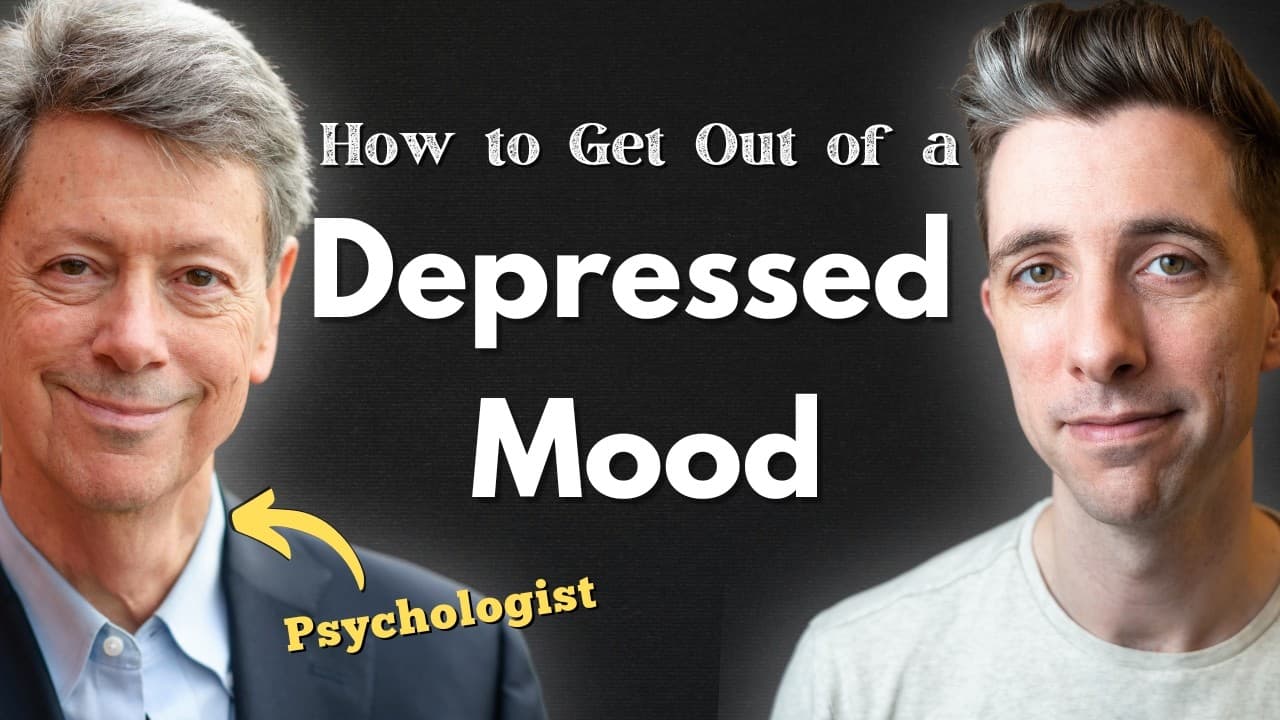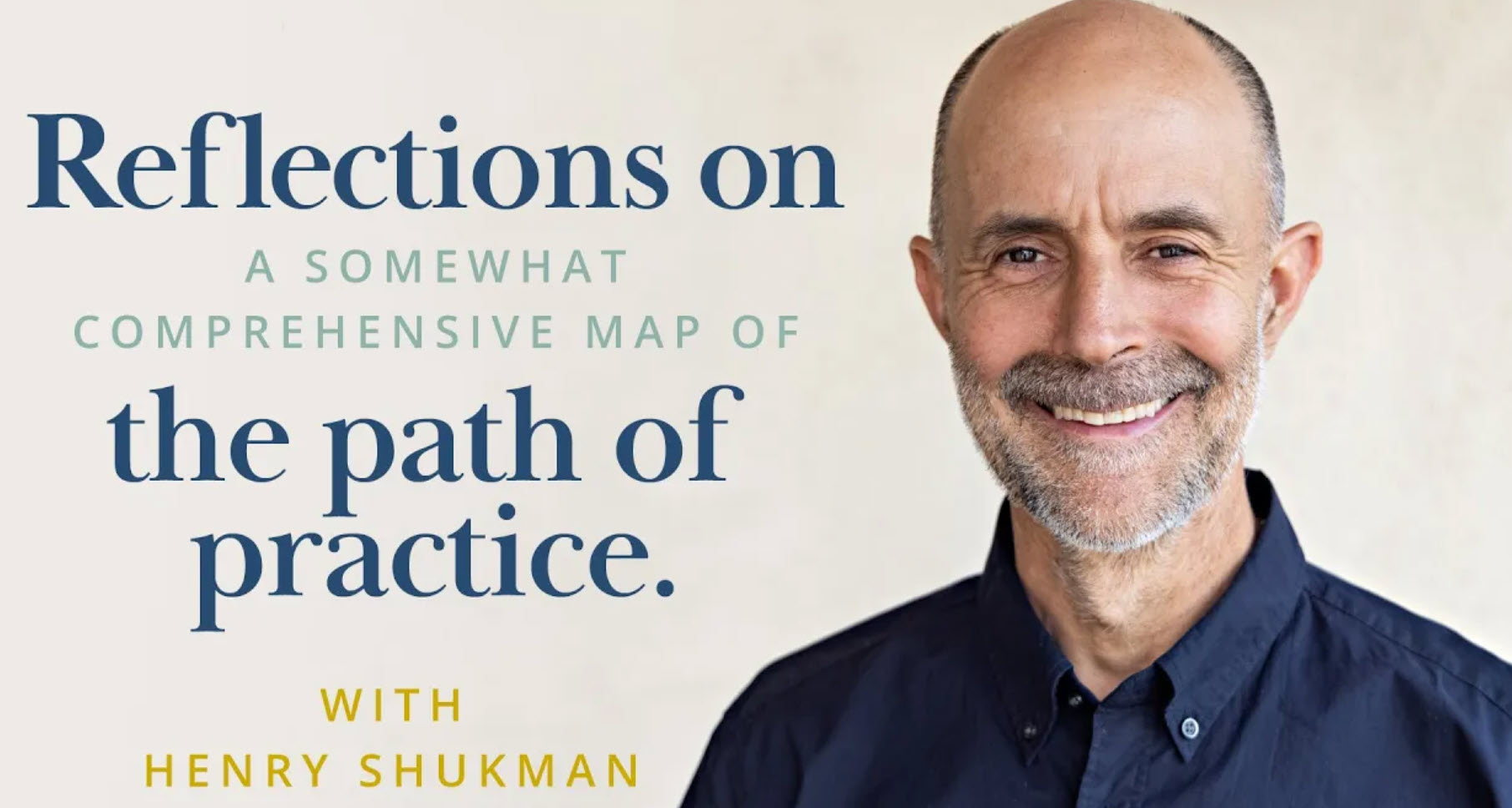Are you all over the place?
The Practice: Rest in center.
Why?
Gravity and entropy are powerful processes in the natural world. Gravity draws things together, toward a center, while entropy scatters them into disorder. In much the same way, in our own lives, some things bring us to the center, while others disturb and disperse us.
In terms of centering, be aware of your whole body as you take a long slow breath, or think of something you’re glad about. You’ll probably feel more at home in yourself, more drawn into your own core rather than feeling like Garfield the cartoon cat, spreadeagled up against a pane of glass.
In terms of feeling scattered, notice what it’s like to do multi-tasking, the mind drawn in several directions at once. Or what it’s like to open your email inbox and see twenty or more new ones calling to you. Walking down the street or through a mall, see how your attention moves out to various objects of desire: this attractive person, that shiny car, this pretty sweater, that cool new cell phone, and so on: for a few seconds at a time if not longer, you’re dispersed out and away from your calm, clear, autonomous center. And if you have any tendencies toward over-eating, -drinking, -sexing, -shopping, -etc., this dispersal gets more extreme.
Centered or scattered: it’s not a subtle distinction that’s just for yoga camp. When we feel grounded in a sense of center, we’re more resilient; it’s also harder to intimidate us with fear or manipulate us with greed. On the other hand, when we feel scattered, that’s stressful and thus bad for our well-being and health. Plus it makes us more distracted and impulsive, more prone to conflicts with others, and to compulsive or addictive behaviors.
When I have felt scattered, it wasn’t the end of the world. But it wasn’t good for me, or for others.
It feels a lot better to rest in center.
Get Tips Like This Delivered Right to Your Inbox
You can unsubscribe at any time and your email address will never be shared or sold.
How?
Most of the inputs into your brain come from inside your own body, from your heart and lungs, and other organs. Ancient structures in your brainstem and subcortex, such as the hypothalamus, begin the process of turning these signals into the fundamental feeling of what it’s like to be alive. Then more recently evolved regions of your brain – the insulas (or “insulae”) inside each of the temporal lobes on the sides of your head – refine these signals further into the embodied feeling of coherent, continuous being. This primal sense of being a body is at the core of the stream of consciousness, and unless you are in extreme pain, tuning into it is immediately centering.
So follow the internal sensations of a single breath – the movements of the diaphragm just under your ribcage, the expansion, and contraction of the chest, the coolness of inhaling compared to exhaling – and notice how this feels. Try this for ten breaths, counting them softly in your mind if you like. You could also be particularly aware of breathing in the area of your heart, or in the center of gravity of the body a few inches below your navel.
See if you can get a sense of your body as a whole, along with an attitude of acceptance, not judging. Doing this will tend to activate neural networks on the sides of your brain that support the sense of being peacefully present in the moment; it will also reduce activation in the “default network” running down the middle and top of your brain that fosters mind wandering and taking life too personally.
Fear tends to scatter the mind into frantic fleeing, fighting, or freezing, so as you tune into your body, register that you are basically alright right now . . . now and now and now . . .
Also tune into your good intentions, the goodness altogether at the core of you. Know your own benevolence, compassion, and kindness. This knowing is very centering.
Be aware of desires darting out into the world, reaching for this, pushing away that. Feel what it’s like to rest more in balance, present with life but not disturbed by compulsive desires. Open to a healthy disenchantment about the actual results of chasing this or going to war with that.
In upsetting situations or relationships, you could find refuge – a kind of center – in the answers to these questions: What’s really true? What matters most? What’s out of my hands? What are the most important things to do, and to be?
Even when we are anxious, sad, irritated, feeling inadequate, or depressed, there is a deeper place that is undisturbed. Awareness keeps working, the peaceful space in which experiences come and go. Deep down there is inviolate wisdom, a “still, small voice” at the heart of you. To borrow a metaphor from The Lord of the Rings, no matter how thick and dark the clouds, stars are always still shining, filling empty space with light.
Know Someone Who Could Be More Centered?
Use the buttons below to share this article via social media or email.



